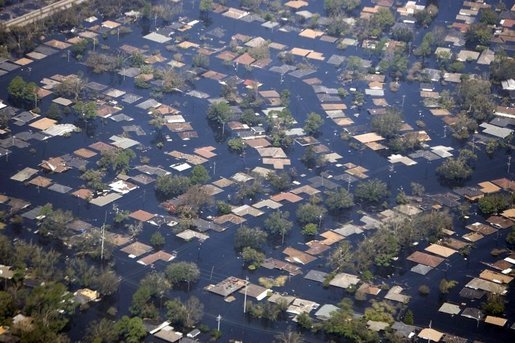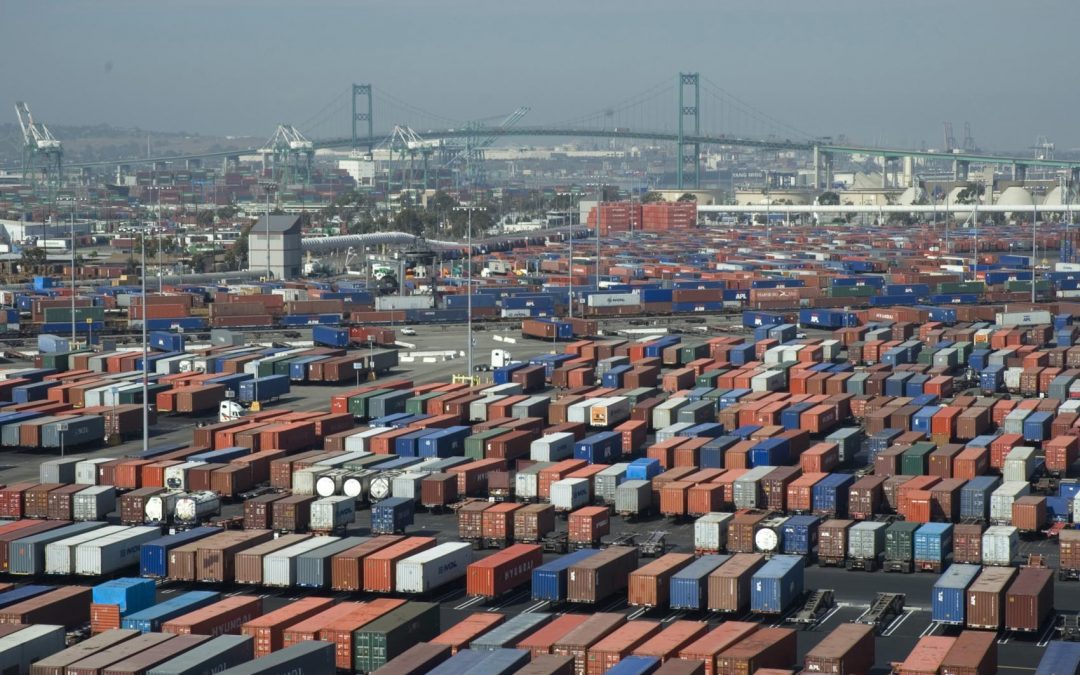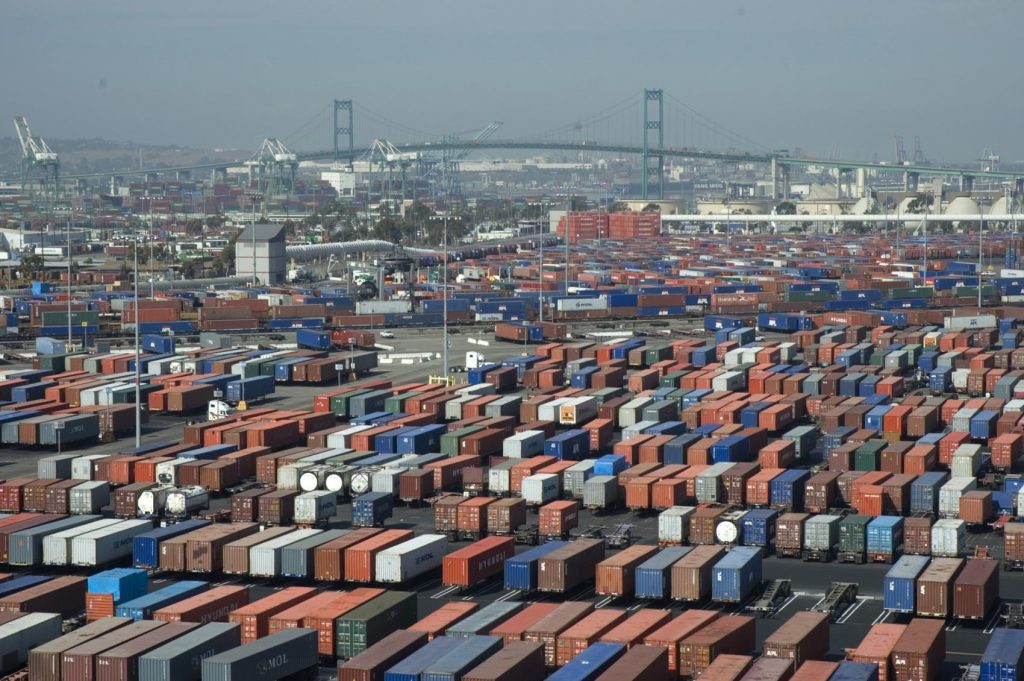
by Fronetics | Jul 23, 2015 | Blog, Leadership, Strategy, Supply Chain

There are many companies in the supply chain that are good at what they do. However, not all companies “do well by doing good.”
Here are 6 companies who are doing well by doing good:
Lego: In a recent move to “significantly reduce [Lego’s] impact on the planet” the company is investing $150 million over 15 years to fund 100+ new employees to work at their sustainable material center in Denmark. The objective is to yield a more environmentally friendly material that will go into making Legos. The company has already been working with environmental groups, cutting packaging sizes, and investing in wind power.
Seventh Generation: In addition to LEED-certified offices, low-emission cars, and efforts to use renewable energy in its manufacturing, the Vermont-based company awards bonuses to employees who dream up more sustainable products for their lines of environmentally-friendly household and personal-hygiene products. They ranked at the top of B Plan’s “best for the environment” list in 2014. They are a company who self-identify as being champions of “honesty, responsibility, and radical transparency in commerce.”
Stonyfield Farms: In working with materials source and supply chain mapping company, Sourcemap, Stonyfield highlights the farmers who provide the main ingredients in their organic food products. By creating transparency in their supply chain, they empower customers to make healthy, informed decisions and they create stronger partnerships with suppliers.
Sustain Condoms: The company focuses on responsibility in more ways than one. They produce fair-trade, vegan condoms and organic, toxic-free lubricants. They concern themselves with social and health issues, as well as the environment: “When we think about sustainability, we don’t just think about the environment. “We think holistically about what is required for the planet and the people living on planet to live in harmony with nature and each other. So, with Sustain Condoms, we look at every aspect of condom manufacturing starting with the rubber tree plantation.” The company also donates 10% of their pre-tax profits to women who are unable to access the healthcare they need.
Patagonia: The large, high-end clothing and outdoor equipment company produces products that are “environmentally preferred”, in other words they are organic, recycled or environmentally sound. The company is utterly focused on being a responsible supply-chain-based company, ensuring safe, legal, fair, and humane working conditions through total transparency. They also give 1% of sales to environmental groups worldwide.
Coca-Cola: On the company’s website, just next to the first tab “Our Company”, you’ll find the tab “Sustainability”. The company claims to focus on three main tenants: “Designing consumer-preferred, resource-efficient packaging; eliminating landfill waste; and using recycled and/or renewable materials”. The company has worked hard to reduce use of plastics, aluminum and glass packaging, while working with such organizations and projects as the Bill & Melinda Gates Foundation, Water for People, Thailand Recovery, and the Little Red Schoolhouse Project to help provide water, shelter, education, and basic needs to people around the world.
The list of companies who do well by doing good is impressive, but certainly not long enough. The supply chain is “longer and more complex” than ever before and the impact on sustainability is massive.
Fronetics Strategic Advisors is a leading management consulting firm. Our firm works with companies to identify and execute strategies for growth and value creation.
Whether it is a wholesale food distributor seeking guidance on how to define and execute corporate strategy; a telematics firm needing high quality content on a consistent basis; a real estate firm looking for a marketing partner; or a supply chain firm in need of interim management, our clients rely on Fronetics to help them navigate through critical junctures, meet their toughest challenges, and take advantage of opportunities. We deliver high-impact results.
We advise and work with companies on their most critical issues and opportunities: strategy, marketing, organization, talent acquisition, performance management, and M&A support.
We have deep expertise and a proven track record in a broad range of industries including: supply chain, real estate, software, and logistics.


by Fronetics | Jul 21, 2015 | Blog, Leadership, Strategy, Supply Chain

A “revolution” is what Pope Francis recently called it – the necessity for humans to change attitudes, beliefs, and behaviors in order create a sustainable ecosystem and society. In his encyclical, entitled Praise be to you – On Care For Our Common Home, he called upon all people and organizations to push against the increasing drive for power at the expense of the earth and other human beings, stating, “We are not faced with two separate crises, one environmental and the other social, but rather one complex crisis which is both social and environmental.”
Pope Francis is one large voice in a sea of voices— secular and non-secular— who have been pleading for change for decades. Recent record-breaking temperatures, storms, and droughts cannot be ignored. What is the role of each person in these battles? What is the role of governments, NGOs, companies?
The supply chain impacts: water, environment, raw materials, energy, animals, humans – essentially the entire planet and those who exist on it.
Cathy Morris, senior vice president and chief strategy officer for Arrow Electronics, Inc., calls attention to the fact that “everything hinges on an effective supply chain.” Specifically: “Products can be made, money can be invested, ideas can be brought to fruition, but without the supply chain everything stops.” The scope of influence of this trillion dollar industry has a significant impact on our planet and our environment.
In an interview with the Harvard Business Review, Peter Senge states that the perception of sustainability must shift, “They might not say this, but most companies act as if sustainability is about being less bad. There’s certainly a need to reduce your carbon footprint. But people don’t get excited about incremental changes like that. They need a more ambitious vision.”
The supply chain holds within it the power to impact many things, from stocking your grocery and clothing stores, to making the cars you use to get to those stores, or the pieces of the computer you use to purchase those things online. The supply chain is also the packing and the raw materials to make the packing. It’s the boat, the truck, the train, and the plane to move the materials. From the products to the moving of products, there are few areas of daily living that does not involve the supply chain.
The supply chain also holds within it the power to impact the sustainability of the ecosystem. In the past several decades we have seen increasing evidence that human behavior is altering the state of the earth. According to PWC, “While climate change and increasing temperatures now seem inevitable, there are high levels of uncertainty about the manifestations and magnitude of their impact. What is certain, though, is that climate change will have a multiplier effect on supply chain risk.”
In the 1980s we saw that we, as individuals, were contributing to the hole in ozone layer by emitting man-made gases. Although the ozone appears to be slowly recovering, a larger issue looms: greenhouse gases. The three main gases that traps and heat the earth, Carbon Dioxide (72% of total), Methane (18% of total), and Nitrous Oxide (9% of total), come from our need for energy (power stations 21.3% and Fossil fuel retrieval 11.3%), products (industrial processes (16.8%), transportation (14%), and food (agricultural byproducts) 12.5%) rounding out the top emitters by sector.
In our contemporary pursuit for an easier life, people consume more products, energy, and water. We desire heat when it’s cold, air-conditioning when it’s hot. We want to travel in cars and planes. We want more, better, faster, cheaper. According to the NASA website, “In its Fourth Assessment Report, the Intergovernmental Panel on Climate Change, a group of 1,300 independent scientific experts from countries all over the world under the auspices of the United Nations, concluded there’s a more than 90 percent probability that human activities over the past 250 years have warmed our planet.” The same report showed that “climate change is a material risk to supply chains across industries, and according to the CDP, more than 50 percent of an average corporation’s carbon emissions typically come from the supply chain.”
According to BSR’s report, Business Action for Climate-Resistant Supply Chains, there are five areas of supply chain climate risks that require consideration by all companies:
- The physical risk to suppliers’ assets and operations
- The risk of reduced availability or increased costs of inputs
- The risk of changing regulations in sourcing or distribution markets
- The risk of climate-related disruptions in communities that impact supplier workforce availability and productivity
- Stakeholder, or reputational, risk
We know the facts, we know much of the damage, so now what? Humans contribute, the supply chain contributes. At this point people want to move beyond the blame game and work to improve and, in some cases, reverse the damage. There’s an expectation that individuals will help in this effort, driving more efficient cars, finding renewable sources of energy, and focusing on recycling, but companies are also being asked to do their part, particularly the vast world of the supply chain. According to the UN Global Compact website, “A company’s entire supply chain can make a significant impact in promoting human rights, fair labour practices, environmental progress and anti-corruption policies. However, UN Global Compact participants rank supply chain practices as the biggest challenge to improving their sustainability performance.”
Fronetics Strategic Advisors is a leading management consulting firm. Our firm works with companies to identify and execute strategies for growth and value creation.
Whether it is a wholesale food distributor seeking guidance on how to define and execute corporate strategy; a telematics firm needing high quality content on a consistent basis; a real estate firm looking for a marketing partner; or a supply chain firm in need of interim management, our clients rely on Fronetics to help them navigate through critical junctures, meet their toughest challenges, and take advantage of opportunities. We deliver high-impact results.
We advise and work with companies on their most critical issues and opportunities: strategy, marketing, organization, talent acquisition, performance management, and M&A support.
We have deep expertise and a proven track record in a broad range of industries including: supply chain, real estate, software, and logistics.






